He is one of those immigrants who advocate for the identity of Latin Americans to be recognised and made visible at the public policy level and beyond. He is Venezuelan, has lived in the UK for more than a decade and is the coordinator of a coalition that has been defending the rights of Latin Americans for 12 years.
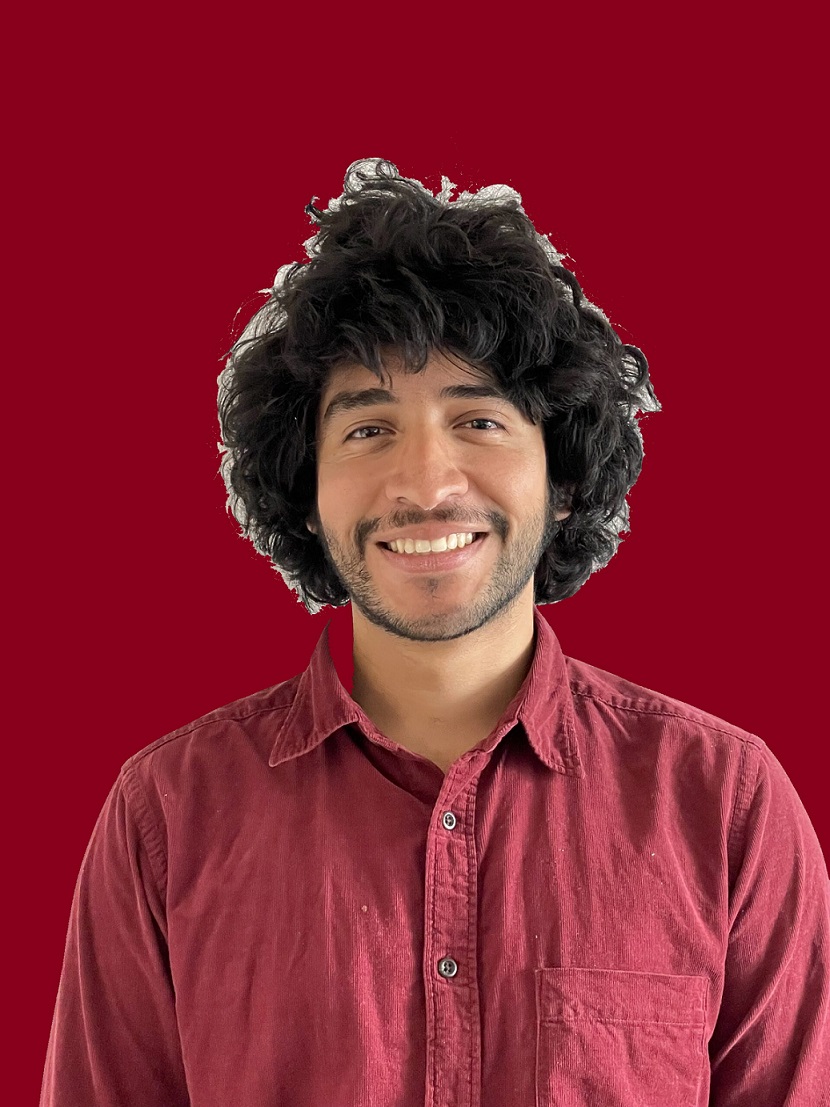
Harry Allen
The reason for the existence of this coalition, called CLAUK, is evident: there is a notable lack of representation for Latin Americans living in Britain. Although the Office for National Statistics (ONS) has yet to release precise numbers, population estimates range from 200,000 to 500,000.
Jacobo, who came to the UK from Venezuela at 17 years old to study politics and international relations had always been drawn to geopolitics. But only since his time in university did his interest in local politics come to the fore. This is where he set up a society dedicated to campaigning and practical action.
Being able to understand what was happening back home was an integral part of Jacobo’s initial study motivations, but the importance of being closer to the Latin American community on his London doorstep was where things kicked off for him.
It was not long into his studies when Jacobo began asking himself “What is the Latin American community here experiencing?”
Gentrification and the negative impact it was having on the community pushed Jacobo further into campaigning, with organisations like Latin Village and Latin Elephant forming a massive part of his journey.
It has now been over 10 years since he decided to come to the UK and he now works as a full-time campaigner, often extending beyond working hours. It’s safe to say he has dedicated his life to Latin American advocacy thus far, particularly at Wards Corner in the Seven Sisters area of Haringey.
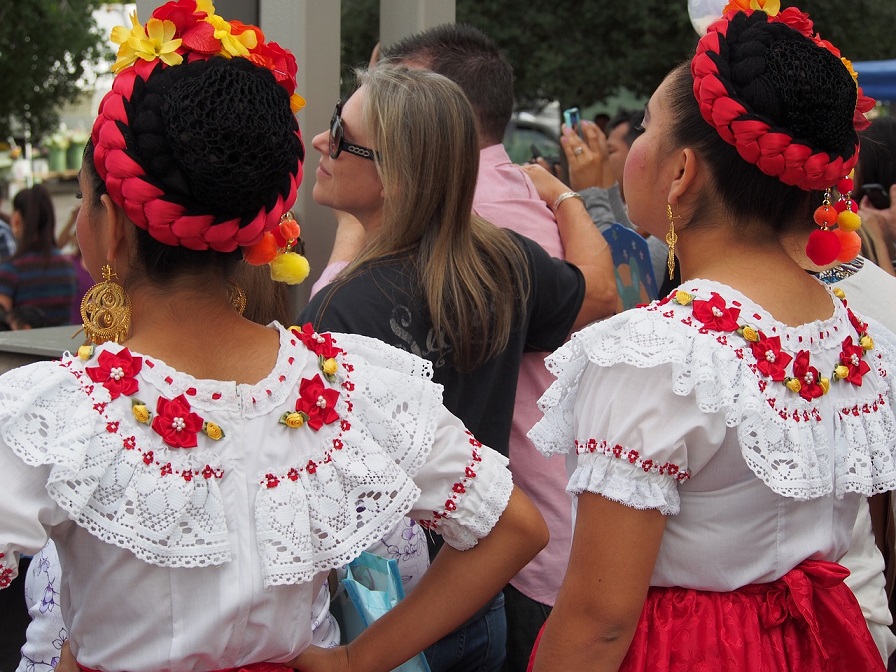 Jacobo explains that UK census studies often lack the clarity necessary for policymakers to make informed decisions about the Latin community in Britain.
Jacobo explains that UK census studies often lack the clarity necessary for policymakers to make informed decisions about the Latin community in Britain.
He says that many Latin Americans select the ‘Other’ box or the “Mixed or Multiple Ethnic Groups” box, but there is no uniform choice that captures their identity.
Historically, headlines and census data in the UK have often highlighted Britain’s enduring relationship with its South Asian and Caribbean communities.
In contrast, Latin Americans lack a singular watershed moment that marks their arrival, akin to the Windrush generation or the former subjects of the British Raj who settled permanently in Britain.
Without a common national narrative, there is limited recognition of how the Latin American community came into being in Britain. Given the diverse origins spanning 33 nations, the Latin American migration narrative is far more nuanced and complex, shaped by individual nationalities rather than a single grand historical event.
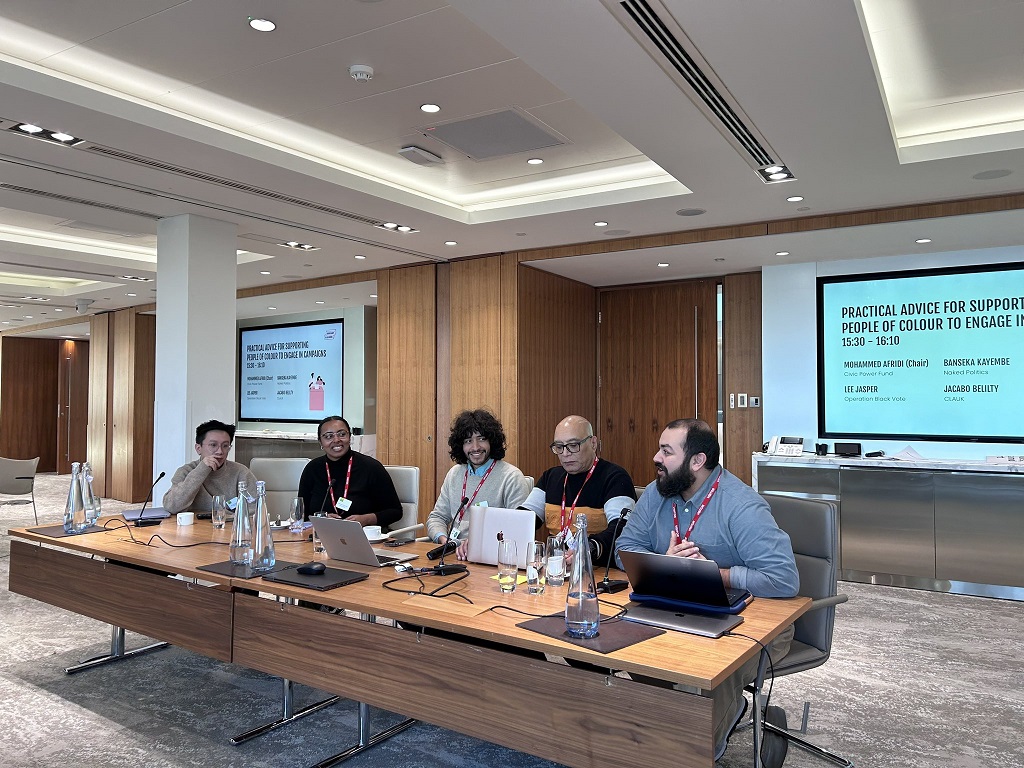 Jacobo emphasizes the importance of recognizing this complexity and being granular when addressing issues of identity recognition in future policymaking.
Jacobo emphasizes the importance of recognizing this complexity and being granular when addressing issues of identity recognition in future policymaking.
Latin Americans have a history in Britain dating back to Bolivar and earlier. While the bulk of the migration has occurred since the 1970s, Jacobo emphasizes that this history is still vital and must be brought into the national consciousness.
Census data needs to be specific about the minorities within Latin American circles, including indigenous communities and the 95,000 Brazilians, who can somewhat feel separated from that core Spanish-speaking community.
That all-too-common definition of “Hispanic” can be extremely limiting, and any future policy would not go far enough in making services more accessible, if just for Spanish speakers.
There is so much more depth in the Latin American identity and that is something Jacobo hammered home as our conversation went on.
 It is precisely the lack of visibility that makes it easy for policymakers to ignore issues facing the Latin community. Language assistance is a big part of that, but Jacobo highlights underreported issues such as overcrowded housing, and low Latin American civic participation levels in UK local and national elections.
It is precisely the lack of visibility that makes it easy for policymakers to ignore issues facing the Latin community. Language assistance is a big part of that, but Jacobo highlights underreported issues such as overcrowded housing, and low Latin American civic participation levels in UK local and national elections.
Jacobo is working to move these issues into the limelight – with a core focus being the recent partnership with the Greater London Authority (GLA) where CLAUK delivered workshops, events and voter registration assistance in response to upcoming voter ID changes.
Those same changes, which often negatively impact migrants, are coming from the exact same political party that built the hostile environment: a policy from 2012 that has sought to make the UK a difficult place to operate for anyone without documentation and formal status.
Jacobo notes that settled status issues under the UK’s post-Brexit relationship with the EU have continued to pose significant challenges for many Latin Americans. On the political aspect of the “hostile environment,” he is emphatic in stating that CLAUK is non-partisan. It’s the right position to take ensuring CLAUK does not alienate other, perhaps more politically partisan members of the Latin community.
At the heart of much of Jacobo’s work is this idea of breaking down invisibility both through policy and similarly through geography which makes his tenure at CLAUK so unique.
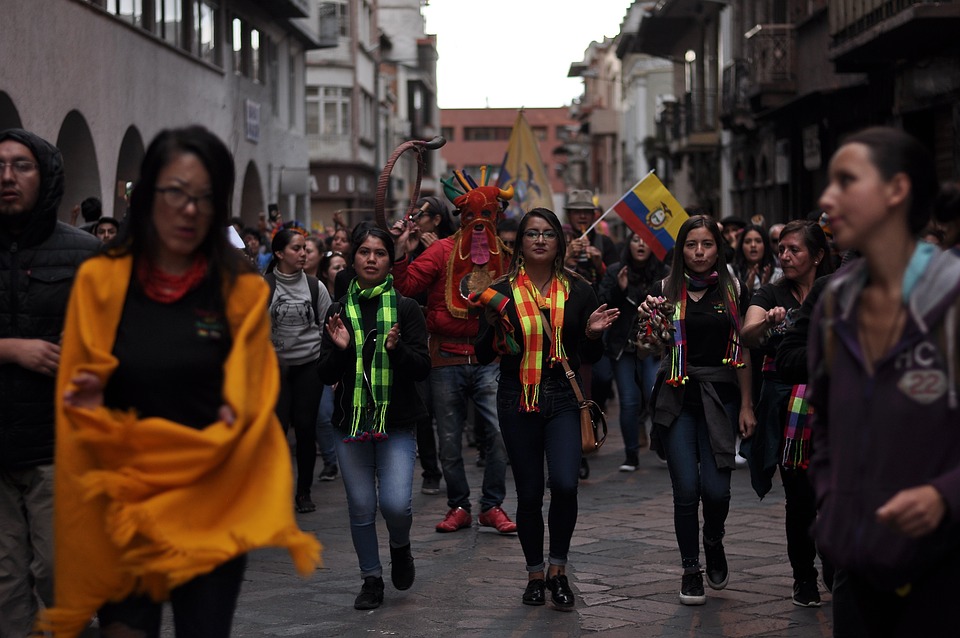 He highlights the need to expand the Coalition beyond London, and with growing regional populations of Latin Americans, it’s extremely important to forge those links across county lines, building on that solidarity that permeates boroughs like Southwark, Lambeth, Islington Hackney and Haringey.
He highlights the need to expand the Coalition beyond London, and with growing regional populations of Latin Americans, it’s extremely important to forge those links across county lines, building on that solidarity that permeates boroughs like Southwark, Lambeth, Islington Hackney and Haringey.
Latin Americans constitute one of the fastest-growing migrant and ethnic groups in London and the wider UK. Yet, it prompts one to ponder the significance of dreams versus reality, as Jacobo rightly acknowledges the stark disparity between the two. CLAUK is not just advocacy and alliance building; it goes much deeper in preparing ‘would-be’ migrants for difficulties around finding work, the high cost of living, and even the potential pitfalls around changing migration laws.
It is indeed true that many young British people like myself are constantly teased about the prospect of a better life in Australia – and we spoke about that same effect that continues to draw so many Latin Americans to Britain.
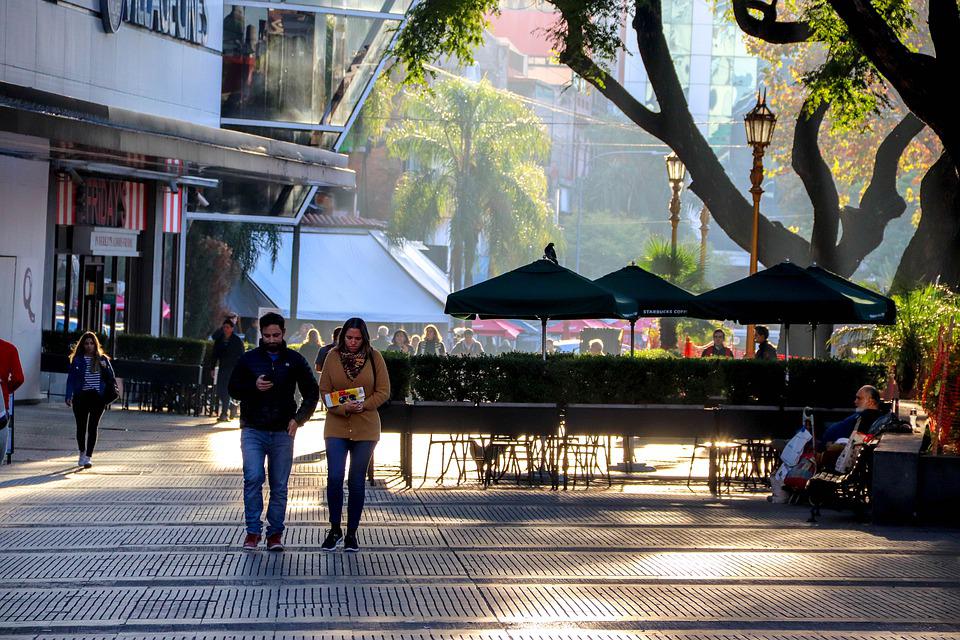 To change the narrative around emigration to Britain is just as important as advocacy and awareness Jacobo tells me. That’s why the tireless advocacy, meeting, and networking events are more important than ever in times of political regression.
To change the narrative around emigration to Britain is just as important as advocacy and awareness Jacobo tells me. That’s why the tireless advocacy, meeting, and networking events are more important than ever in times of political regression.
As we navigate the challenges ahead, it’s evident that the efforts of individuals like Jacobo will continue to be instrumental in shaping a more equitable future for the Latin American community in the UK. From the council level to the London Assembly, there are signs of improvement despite the sombre national headlines. The grant funding is still flowing in, and the support network continues to build.
It is no mean feat to collaborate with the GLA, and Jacobo’s efforts have been instrumental in ensuring that happens. It is only a matter of time before the invisibility becomes a thing of the past.
(Photos from Pixabay and the interviewee)












.jpg)












